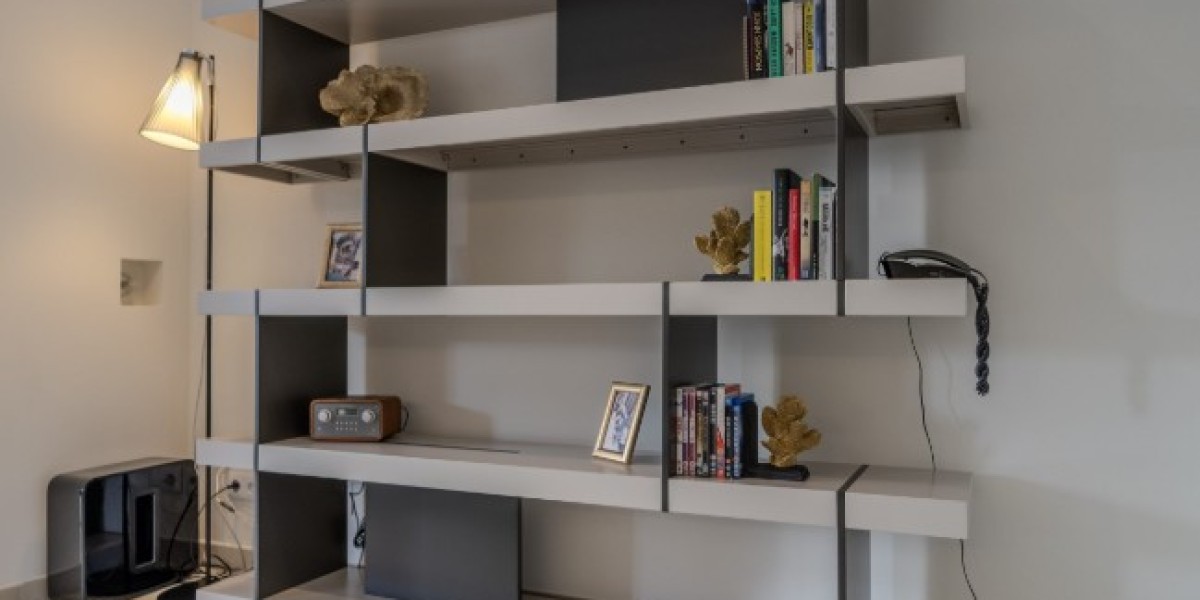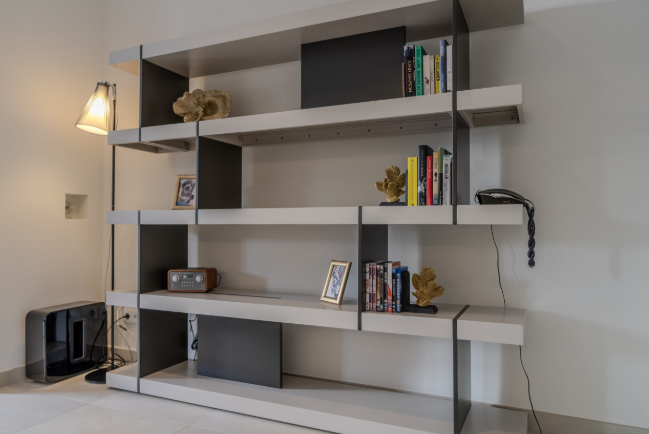Interior spaces now demand more than beauty—they must think, adapt, and support dynamic lifestyles. Homes are no longer static environments; they are ecosystems influenced by behavior, lighting, climate, and rhythm. Function merges with form through tech-driven solutions and conscious materials, creating spaces that feel as intuitive as they look polished. Designers are rethinking structure and flow to prioritize responsiveness, well-being, and environmental impact. In today’s most forward-thinking interiors, technology and sustainability are not trends—they are foundational design pillars.
Living with Technology Through Smart Home Interior Design
The rise of smart home interior design quinta do lago is transforming how space interacts with daily life, offering automation without compromising aesthetics. From hidden speakers and voice-controlled lighting to climate-responsive windows and modular layouts, design now integrates with digital convenience. This approach considers more than just tech—it’s about harmony between hardware and home life. Discreet control hubs, motion-sensing lights, and app-integrated features allow environments to learn, adapt, and enhance comfort seamlessly. Technology, when embedded naturally, becomes invisible yet indispensable to the rhythm of living.
Materials That Think and Breathe with Their Environment
From reclaimed timber to low-VOC paints and bamboo flooring, material selection plays a critical role in shaping conscious interiors. Today’s designs lean toward choices that age gracefully, resist waste, and require fewer resources to maintain. Every surface tells a story—not just of origin but of intention. Biophilic design, natural airflow, and passive temperature regulation are being integrated with intelligent systems. This blend of sensory warmth and technical foresight ensures that sustainability doesn’t look clinical—it feels alive, grounded, and elegantly human.
Reimagining Luxury with Sustainable Interior Architecture
The concept of luxury is shifting, and sustainable interior architecture is at the core of this new definition. High-end living now aligns with conscious design choices that minimize environmental impact while maximizing emotional value. Designers are leveraging solar mapping, thermal insulation, and zero-waste planning to shape structures that give more than they take. Sustainability is no longer a separate layer—it’s embedded in the architectural DNA, from structural orientation to airflow channels. This evolution invites balance, turning homes into expressions of mindful sophistication.
Designing for the Future by Learning from the Earth
Spaces are being planned with future-forward thinking that still draws from ancient wisdom. Sustainable interior architecture borrows from vernacular traditions—deep overhangs, cross-ventilation, and material locality—while merging with smart systems that monitor energy and optimize usage. The result is a hybrid approach where interiors not only serve those who live in them but also respect the land beneath them. Adaptive design, modular walls, and green roofs are not stylistic statements but reflections of long-term, values-based living rooted in resilience.
Conclusion
Modern design thinking challenges every wall, window, and material to serve both beauty and purpose. The convergence of intelligent systems with sustainability is creating homes that are more human in response, more thoughtful in footprint, and more connected to their environment. Whether it’s integrating discreet automation or building with longevity in mind, interior design is moving into a future where luxury and responsibility coexist. For a tailored design that blends smart innovation with environmental consciousness, Susanaguerreiro.com/en/home provides services shaped by insight, intent, and timeless craftsmanship.








